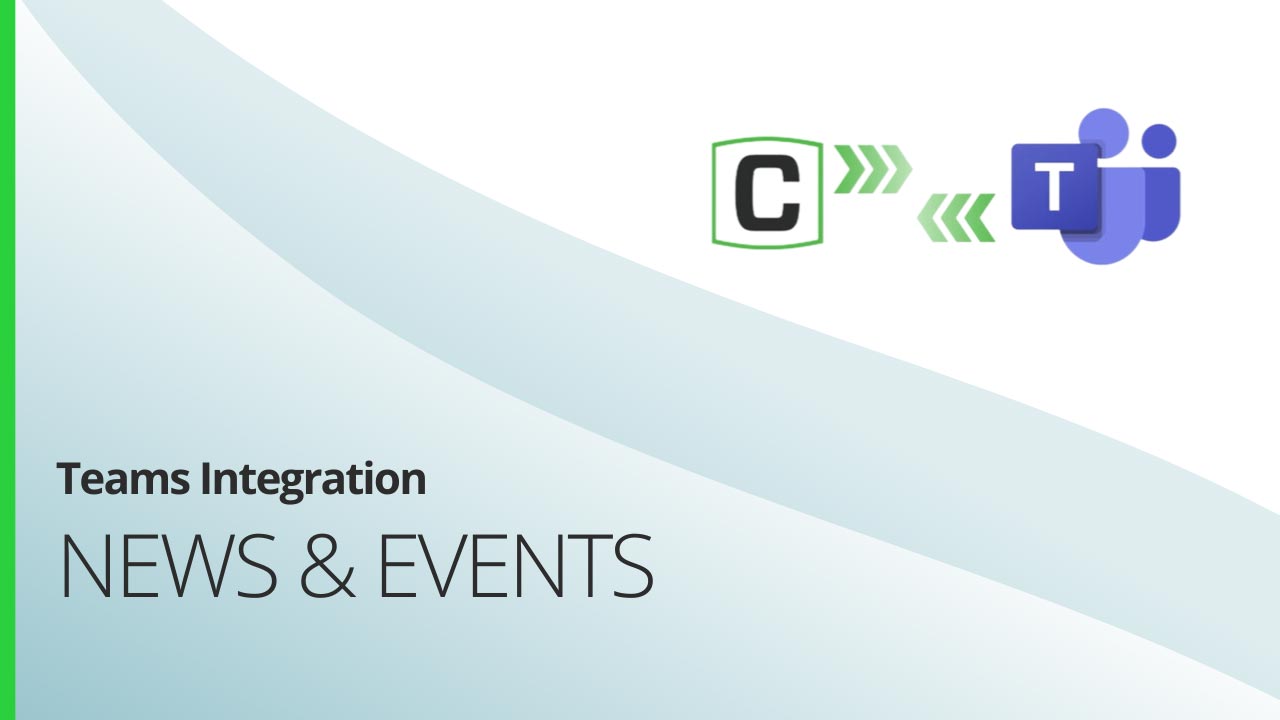Department of Labor’s Overtime Ruling
Those of us who work closely with people management and human resources have been on the edge of our seats waiting for the Department of Labor (DOL) to release the final changes of their overtime exemptions ruling. Now that the final word has been given, we can imagine employers and their HR teams have a lot of questions. Big changes like these are always intimidating, but because you know who your greatest asset is and this ruling continues to protect their wellbeing, we are confident when we say, don’t sweat it.
In our continuous endeavor of acting as a resource, we decided to put some of the best information out now right in your hands. These pieces come from people in talent acquisition and management and employment law.
First, the general details
- Who: Workers earning below the $47,476/yr earnings threshold (increased from $23,660/yr) that meet the wages and duties tests
- What: Eligible workers are to be paid time and a half for all additional hours over 40 per week
- When: December 1, 2016
- Want Some Guidance on Options?
Read 3 Things You Need to Know about the New U.S. FLSA Overtime Rules
“There are a couple ways that companies plan to address the changes to the FLSA salary floor. Some will reclassify employees whose pay falls shy of the $47,476 annual threshold as non-exempt workers, choosing to pay those workers appropriate overtime wages, as well as ensure meal and rest breaks.
Some organizations will decide instead to raise the pay for employees whose jobs pass the exemption tests to the new minimum annual salary. Once the pay is above the salary floor, and the job passes the exemption tests, the employee can continue to be classified as exempt.” –Kate Jesse, Payroll Administrator and Mykkah Herner (@Mykkah_Herner), Modern Compensation Evangelist
Looking for a “cliffnotes version of the ruling”? The details of the decision aren’t as simplistic as we put it above in our general details. For example, even if an employee falls into the above category, there’s a chance they aren’t required to receive overtime. Likewise, even if the employee doesn’t fall into the above category, there is a chance that they will still receive overtime benefits.
Read 3 Things You Need to Know about the New U.S. FLSA Overtime Rules
Confused on if you’re required to pay overtime?
Take a look at When Must Employers Pay Overtime
“These laws contain many exceptions, so not all employees are entitled to overtime. Employees who are eligible for overtime are called “nonexempt” employees, and those who are not eligible for overtime are called “exempt” employees.
Although the vast majority of employers must pay overtime, not all are required to. To figure out whether your company must pay overtime, first determine whether you are covered by the federal Fair Labor Standards Act (FLSA), the federal wage and hour law that sets out the overtime rules.” -Resource at Nolo.com
Overtime requirements are not a new addition to our working lives. What is changing happens to surround the requirements of eligibility which have contained many exceptions in the past. After December 1, 2016, many exceptions are lifting, but it requires more than just the above steps and this resource, provided by legal experts, goes deep into the qualifications of exempt and nonexempt employees, breaking it all down into real world scenarios your business can relate to.
Take a look at When Must Employers Pay Overtime
[Additional Info Alert:] All this talk of reclassification and your bottom line makes for a headache. ADP created a calculator perfect for seeing which is best for your organization and people.
Looking for your next step?
“…there are a number of steps employers can take now. First, identify exempt positions where employees earn less than $50,000. Then, decide for which positions you will increase the salaries above the new salary level.” -Allen Smith (@SHRMlegaleditor), Manager of workplace law content
This article, though written prior to the final ruling, covers some real hard hitting ideas for how to calmly approach the next few months as well as which pay provisions will be unaffected. Not to mention, this provides honest commentary that any employer or HR practitioner can relate as well as a few predictions from experts
Read Overtime Overhaul: Preparing for the New Rule
[Additional Info Alert:] While you’re on the SHRM site, stop by their resource center dedicated to the FLSA ruling.











